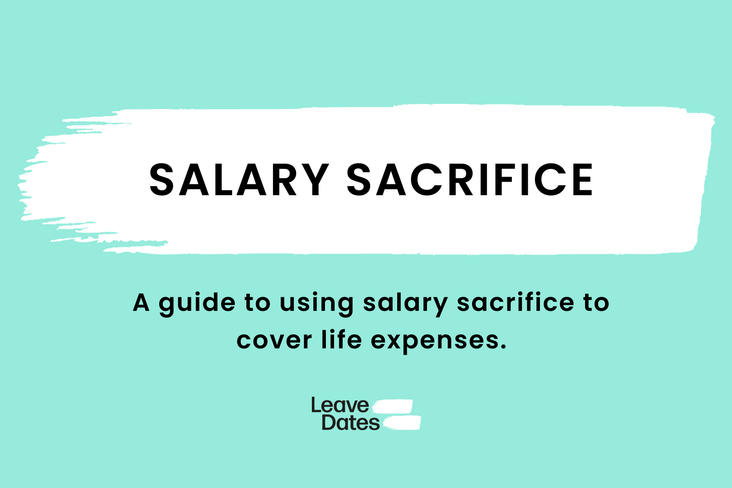It is estimated that one-third of UK businesses are still experiencing a labour shortage in 2025.
As the workforce ages, economic inactivity climbs, and employers are finding skill mismatches in candidates, the pressure to create a better offering is building.
According to Robert Half, 46% of companies are now offering higher salaries to remain competitive, and this may be good for acquisition, but is this the best long-term retention strategy?
With flexible work options ever-growing and a new generation of employees openly expressing the value of their work-life balance, focusing solely on salary could mean missing a crucial puzzle piece: time off.
Offering generous leave policies is more than a nice perk of the job; it makes a statement that an employer truly values balance.
The actual value of time
A higher salary sounds excellent, but it often gets blended into our daily expenses. Does a few extra thousand per year really change your life or ease your stress? In most cases, it doesn't.
Time is precious, and the gift of extra time off to spend with family or doing the things you love boosts job satisfaction. Extra paid leave, wellbeing days, or even sunshine days show that you care about your team, their families, and their health. What's not to love about an employer who does that?
Constantly raising salaries can quickly become a financially unsustainable race to the top. There's always another company willing to offer a little more. Still, very few companies take the initiative to assign a value to time off beyond statutory requirements.
Beyond the budgets
An investment in competitive leave policies, however, offers a more sustainable and often more cost-effective way to differentiate your organisation from your competitors. It fosters a culture of trust and respect, leading to high morale, reduced burnout, and, ultimately, greater productivity when employees are present and engaged. No resenteeism here, just happy and refreshed employees who want to stay for the long-haul.
When employees feel supported and can take breaks, they're less stressed and more creative. They're also less likely to leave and more likely to spread the word about how great it is to work for your business, attracting top talent through their positive experiences, and we all know the power of word-of-mouth.
So, how do you make it happen?
It's more than just establishing an excellent leave policy; it's about fostering a culture and attitude towards work-life balance within the business.
Here are some quick tips to get you started:
- Build, review or redesign an absence management policy that suits your business and team's unique circumstances.
- Ditch the leave spreadsheet and use reliable leave management system.
- Ensure you regularly promote your policies to your team through internal newsletters, posters in the workplace, and relevant meetings.
- Encourage people to use their time off, and make sure your supervisors do the same.
Competitive salaries do matter; there is no doubt about it. We need to eat, pay the rent and the bills, and leave a little something for ourselves. However, having a wonderful life outside of work and an employer who supports it is like striking gold (ask any member of the Leave Dates team).




